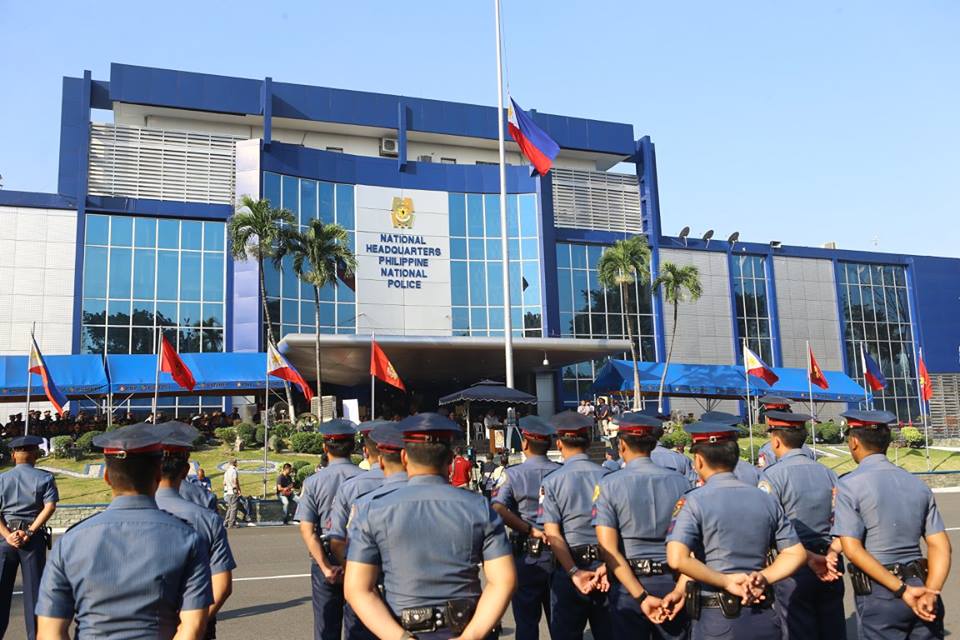Breaking
Reminder to cops: Do not smoke in public
MANILA — The Philippine National Police (PNP) has reminded its officers not to smoke in public while on duty.
PNP spokesperson Sr. Supt. Bartolome Tobias said seeing police officers smoking in public while in uniform doesn’t help in maintaining the good image of the PNP before the people.
Tobias explained it is not dignifying for police officers to be seen smoking in public, especially among children who usually consider them to be role models.
Meanwhile, Dr. Loida Alzona of the Metropolitan Manila Development Authority–Health Public Safety and Environment Protection, said the public should not hesitate to report drivers and passengers smoking in public conveyances.
She added that smokers put other people at risk to the dangers of second-hand smoke.
“The smoking ban continues. We’re implementing this since July 2011 and up to now. We have already apprehended more than 200,000 people for smoking in public places all over Metro Manila, and drivers are not exempted from the ban,” she said.
Alzona said public transport terminals — jeepney, tricycle and bus stations — are covered by the ban.
She reminded that there is a memorandum from the Land Transportation Franchising and Regulatory Board (LTFRB) ordering jeepney and bus operators to post or display a “No Smoking” sign inside their vehicles so that passengers will be aware of the ban.
“Those apprehended were given citation tickets and fined PhP500 for first offense, but many of them failed to pay. We want to be compassionate with them so we have option for them to undergo smoking cessation seminar in exchange for the penalty,” Alzona said.
A PhP5,000 fine and cancellation/revocation of franchise or business permit can also be imposed against the establishments where smokers are caught.
The MMDA came up with the reminders regarding the smoking policy after they received information that bus and jeepney drivers, particularly those plying along Epifanio delos Santos Avenue, openly smoke inside their vehicles even if there is a child or a pregnant woman around.
“We encourage the people and it would be a big help in our campaign to report to the MMDA or LTFRB those smoking drivers.
Just give us the plate numbers and the routes of those involved, what day and what time,” said Alzona.
An MMDA study shows that non-smoking adults exposed to second-hand smoke at home or at work have a 25 percent to 30 percent increased risk of developing lung cancer.
Babies of non-smoking women who are exposed to second-hand smoke during pregnancy are at risk of experiencing a small reduction in birth weight.
In infants and children, second-hand smoke exposure causes sudden infant death syndrome (SIDS), acute respiratory infections, middle ear disease, more severe asthma, respiratory symptoms, and slowed lung growth.
For his part, Atty. Emerson Carlos, MMDA assistant general manager for operations, said that aside from information campaign via social accounts (Facebook and Twitter), the agency also has a special team of green-uniformed personnel roaming around the metropolis, apprehending smokers in public places and conveyances.
He said the Tobacco Regulation Act is enforced in all hospitals, medical clinics, schools, public transportation terminals and offices, and buildings such as private and public offices, recreational places, shopping malls, movie houses, hotels and restaurants and the like.
The law was enacted in 2003 and was implemented in 2011.






















